How to Prepare Your eCommerce Business for Summer Holidays 2024
30-5-2024 Tips & TricksThe summer holiday season presents a unique opportunity for eCommerce businesses to boost sales, engage with customers, and strengthen brand loyalty. As shoppers gear up for vacations, outdoor activities, and festive celebrations, it’s essential to strategically prepare your online store to meet increased demand and enhance the customer experience. Here’s a comprehensive guide on how to get your eCommerce business ready for the summer holidays.

1. Plan Seasonal Promotions and Marketing Campaigns
Seasonal promotions are a powerful way to attract customers and drive sales during the summer holidays. Develop a detailed marketing plan that includes:
🛒 Discounts and Sales: Offer summer-specific discounts, bundle deals, and flash sales to entice shoppers. Consider creating special offers for holidays like Memorial Day, Independence Day, and Labor Day.

💌 Email Marketing: Design a series of email campaigns to promote your summer sales, featuring eye-catching visuals and compelling copy. Highlight exclusive deals and limited-time offers.
🕶️ Social Media Campaigns: Use social media platforms to engage with your audience through summer-themed posts, contests, and influencer collaborations. Use hashtags related to summer activities and holidays to increase visibility.
Real-Life Examples:
-
- Airbnb launched a #HostWithPride campaign, encouraging users to share their unique vacation experiences, which significantly boosted engagement and bookings.
- Bath & Body Works uses vibrant summer-themed emails to promote their seasonal fragrances, encouraging customers to stock up for the summer holidays.
- ASOS runs “Summer Flash Sales” with significant discounts on summer apparel, leveraging targeted email campaigns and social media ads to drive traffic to their site.
2. Optimize Your Website for a Seamless Shopping Experience
A smooth and enjoyable shopping experience is crucial, especially during peak seasons. Ensure your website is ready to handle increased traffic and provide an excellent user experience by:
📱 Mobile Optimization: Ensure your site is fully responsive and performs well on mobile devices, as many shoppers will browse and purchase on-the-go during the summer.
⚡Fast Loading Times: Optimize images, use content delivery networks (CDNs), and streamline your website’s code to ensure quick loading times.
🔍 Easy Navigation: Simplify your website’s navigation, making it easy for customers to find summer-related products and categories.
📦 To further enhance the customer experience, consider incorporating custom packaging from Arka into your product offerings. Custom packaging not only elevates the unboxing experience but also reinforces your brand identity during the bustling summer holiday shopping season. This strategic touch can differentiate your e-commerce store from competitors and leave a lasting impression on your customers.
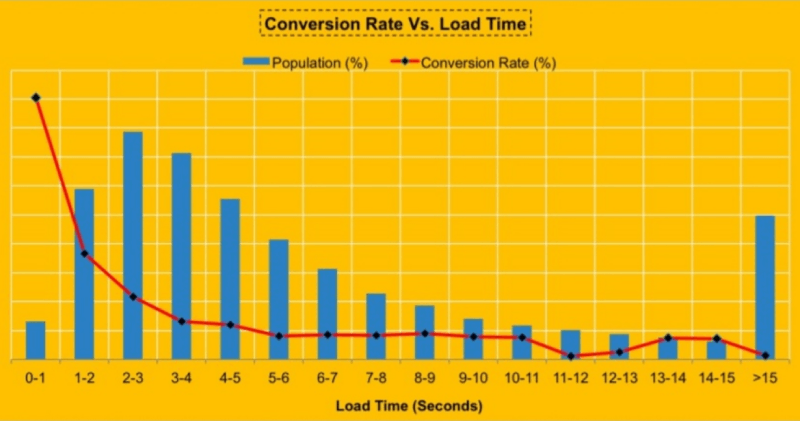
Walmart’s conversion rate drops sharply as loading times increase (Source: Slideshare.)
Real-Life Example:
-
- Walmart improved their site speed and saw a 2% increase in conversions for every one-second improvement in page load time.
3. Stock Up on Seasonal Inventory
Forecasting demand and managing inventory effectively are vital to prevent stockouts and overstock situations. Take the following steps:
📊 Analyze Past Sales Data: Review sales data from previous summer seasons to identify trends and predict demand for various products.
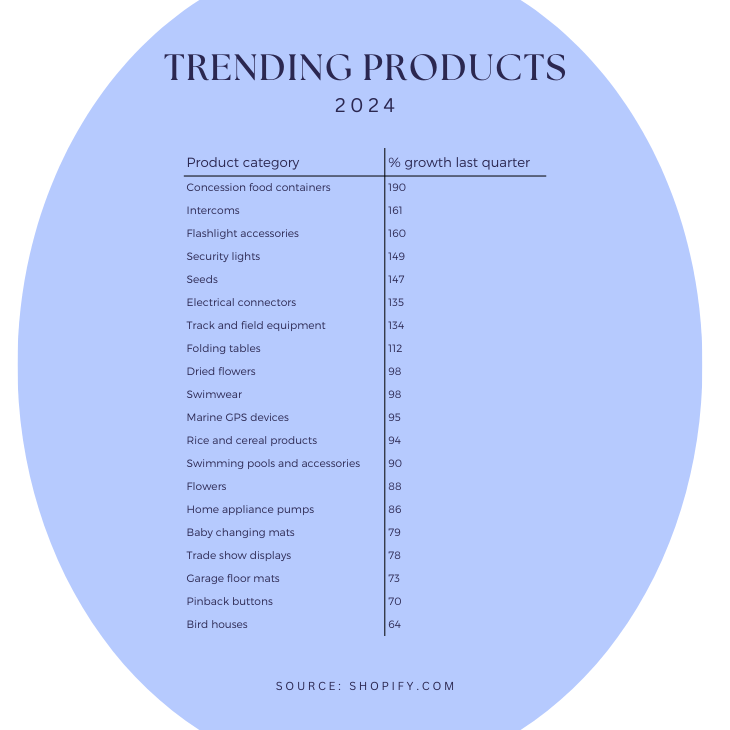
📦 Coordinate with Suppliers: Communicate with your suppliers to ensure timely delivery of inventory. Consider ordering extra stock of popular summer items.
🏬 Warehouse Organization: Arrange your warehouse for efficient order fulfillment. Group summer-related products together to speed up the picking and packing process.
📋 If you have a specialized business that needs automation try to find software solutions that will help with inventory management. For instance, if you own a jewelry store, using specialized inventory management tools like CaratIQ can be very beneficial. These tools not only track high-value items and raw materials with precision but also provide insights into sales trends and stock movement. This ensures you can meet customer demand promptly while reducing the risk of overstocking or theft, ultimately enhancing your operational efficiency and profitability.
Real-Life Example:
-
- Target uses predictive analytics to forecast demand for seasonal items, ensuring they stock the right amount of summer essentials.
4. Enhance Your Customer Service
Exceptional customer service can set your business apart during the busy summer months. Prepare your customer service team to handle increased inquiries and support requests by:
🙋🏻 Training Staff: Provide training on common summer-related issues, such as shipping delays and product inquiries. Ensure your team is knowledgeable about current promotions and policies.
👩💻Extended Support Hours: Consider extending your customer service hours to accommodate shoppers in different time zones.
🖥️ 📞 Multichannel Support: Offer support through multiple channels, including email, live chat, and social media, to provide quick and convenient assistance.
🖐 Use Automatic Tools: You can significantly reduce your customer support efforts by adding a Product Recommendation Quiz to your website. It could be a great help during the busy summer months. A well-constructed quiz not only guides the customers to the products that fit all their requirements but also provides information on usage or dosage. It’s available any time and in any language.
Real-Life Examples:
-
- Zappos is renowned for its exceptional customer service, offering 24/7 support and a no-questions-asked return policy, which enhances customer satisfaction and loyalty.
- Beauty brand Sephora uses a skincare quiz to help customers find the best products for their skin concerns, increasing customer satisfaction and driving sales.
5. Implement Effective Shipping and Fulfillment Strategies
Reliable and efficient shipping is crucial during the summer holidays. Improve your fulfillment processes to ensure timely deliveries and customer satisfaction by:
🚚 Partnering with Reliable Carriers: Work with trusted shipping carriers to provide reliable delivery services. Consider offering expedited shipping options for last-minute shoppers.
🆓 Clear Shipping Policies: Clearly communicate your shipping policies, including cut-off dates for guaranteed delivery by specific holidays.
📦 Third-party fulfillment services can also play a pivotal role in ensuring timely and reliable deliveries. By outsourcing fulfillment, businesses can use professional logistics networks and optimized shipping processes, which can be especially beneficial during peak seasons. Many third-party providers offer scalable solutions, allowing you to handle fluctuations in order volume without compromising on delivery efficiency.
✈️ Order Tracking: Provide customers with tracking information to keep them informed about the status of their orders.
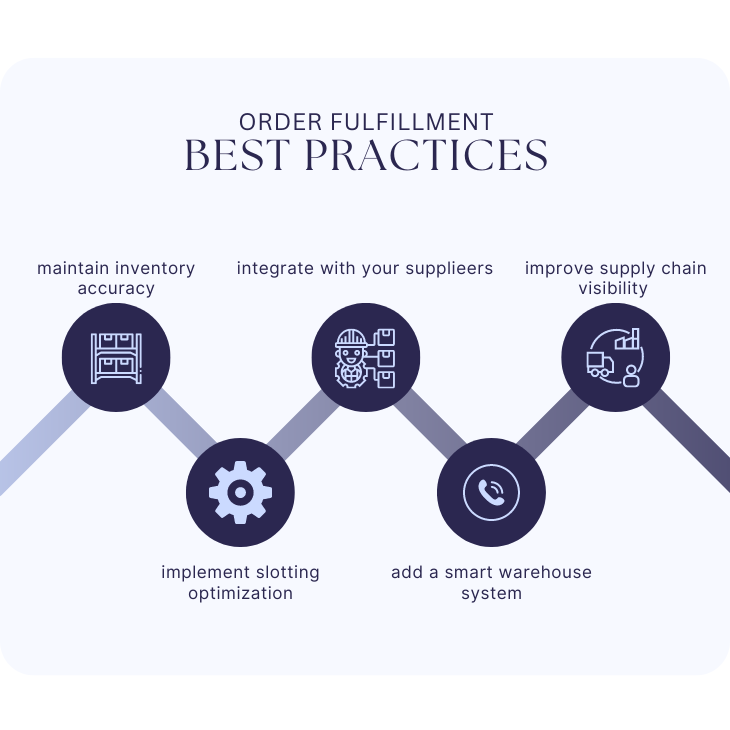
Real-Life Example:
-
- Amazon’s “Track Package” feature allows customers to follow their shipments in real-time, reducing anxiety about delivery times.
6. Update Your Online Store with Summer-Themed Content
Refreshing your online store with summer-themed content can create an engaging shopping experience and promote seasonal products. Update your website with:
⛱️Seasonal Banners and Graphics: Design attractive banners and graphics that highlight your summer promotions and products.
😎🥵🍦Summer Product Collections: Curate and feature summer-specific product collections, such as beachwear, outdoor gear, and holiday decorations.
📝 Blog Posts and Guides: Create blog posts and buying guides related to summer activities and events. Offer tips and inspiration to help customers make the most of the season.

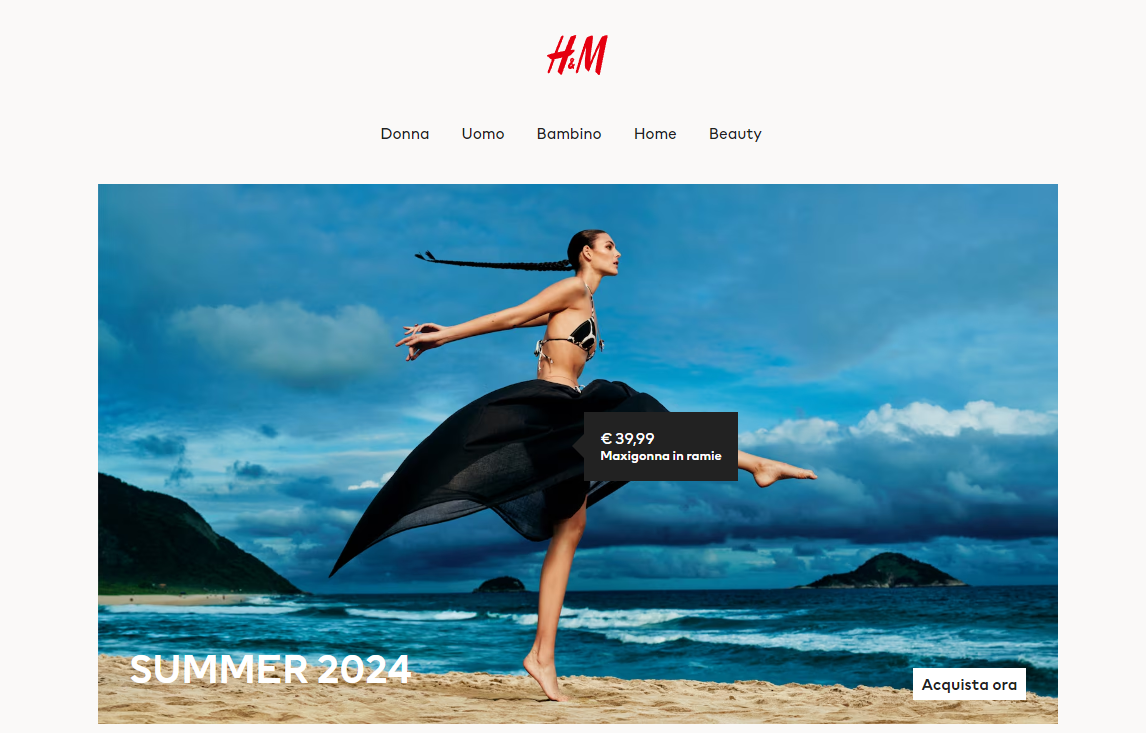
Real-Life Example:
-
- REI showcases seasonal collections like camping gear and hiking essentials prominently on their homepage during the summer months.
- Home Depot publishes DIY project guides and home improvement tips tailored for summer, driving traffic and engaging customers with practical content.
7. Use Data and Analytics
Utilizing data and analytics can help you make informed decisions and optimize your summer holiday strategy. Monitor key metrics such as:
📈 Sales Performance: Track sales performance daily to identify top-selling products and adjust your inventory and marketing efforts accordingly.

📊 Customer Behavior: Analyze customer behavior to understand how shoppers are interacting with your site, which products they’re interested in, and what prompts them to make a purchase.
📢 Marketing ROI: Measure the effectiveness of your marketing campaigns to determine which channels and strategies yield the best return on investment.
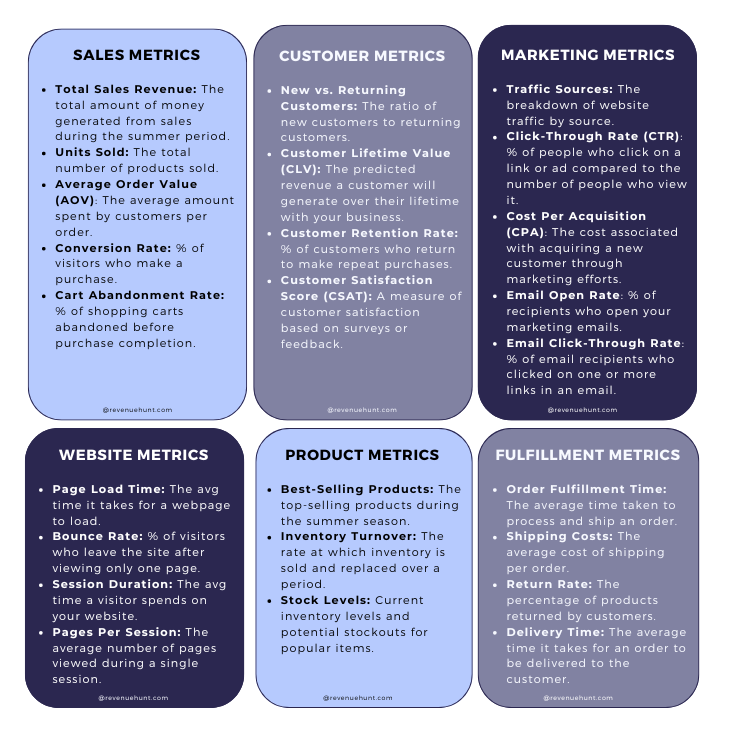
Real-Life Example:
-
- Netflix uses data analytics to personalize recommendations and improve customer retention, demonstrating the power of data-driven decision-making.
8. Prepare for Post-Holiday Engagement
The end of the summer holidays doesn’t mean the end of opportunities to engage with your customers. Plan for post-holiday engagement by:
📨 Follow-Up Campaigns: Send follow-up emails thanking customers for their purchases and inviting them to take advantage of upcoming promotions.
💬 Feedback Requests: Ask for feedback on their shopping experience to identify areas for improvement.
🤝 Loyalty Programs: Encourage repeat business by promoting your loyalty programs and offering incentives for future purchases.
Real-Life Example:
-
- Sephora sends personalized thank-you emails with product recommendations based on past purchases, encouraging repeat business.
Conclusion
Preparing your eCommerce business for the summer holidays involves strategic planning, efficient operations, and engaging marketing efforts. By anticipating customer needs, optimizing your website, managing inventory effectively, and providing excellent customer service, you can maximize your sales and build strong customer relationships.

Embrace the summer season as an opportunity to showcase your brand, delight your customers, and drive significant growth for your eCommerce business. Implementing tools like a Shop Quiz app can further personalize the shopping experience, making it easier for customers to find the perfect products and enhancing overall satisfaction.
